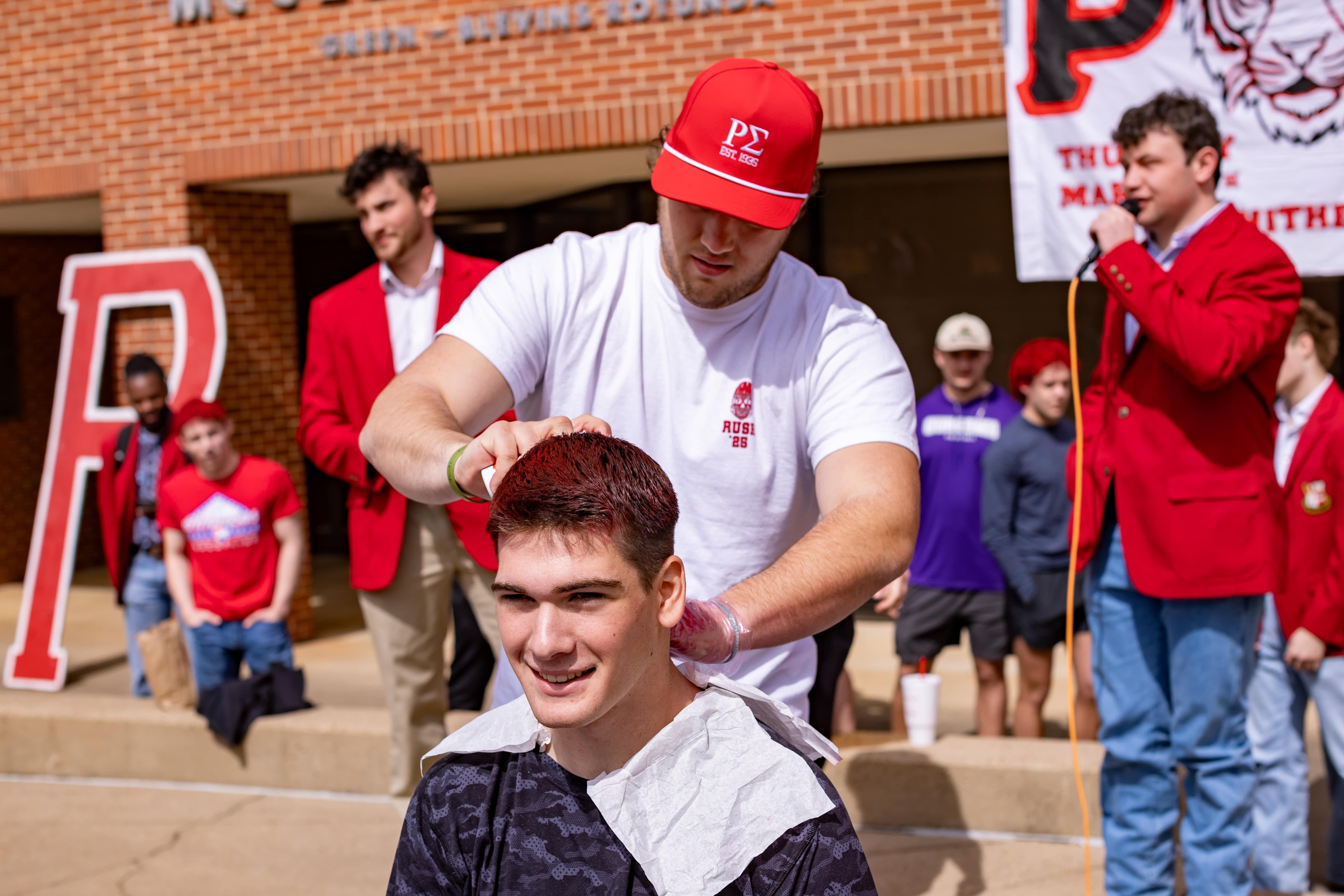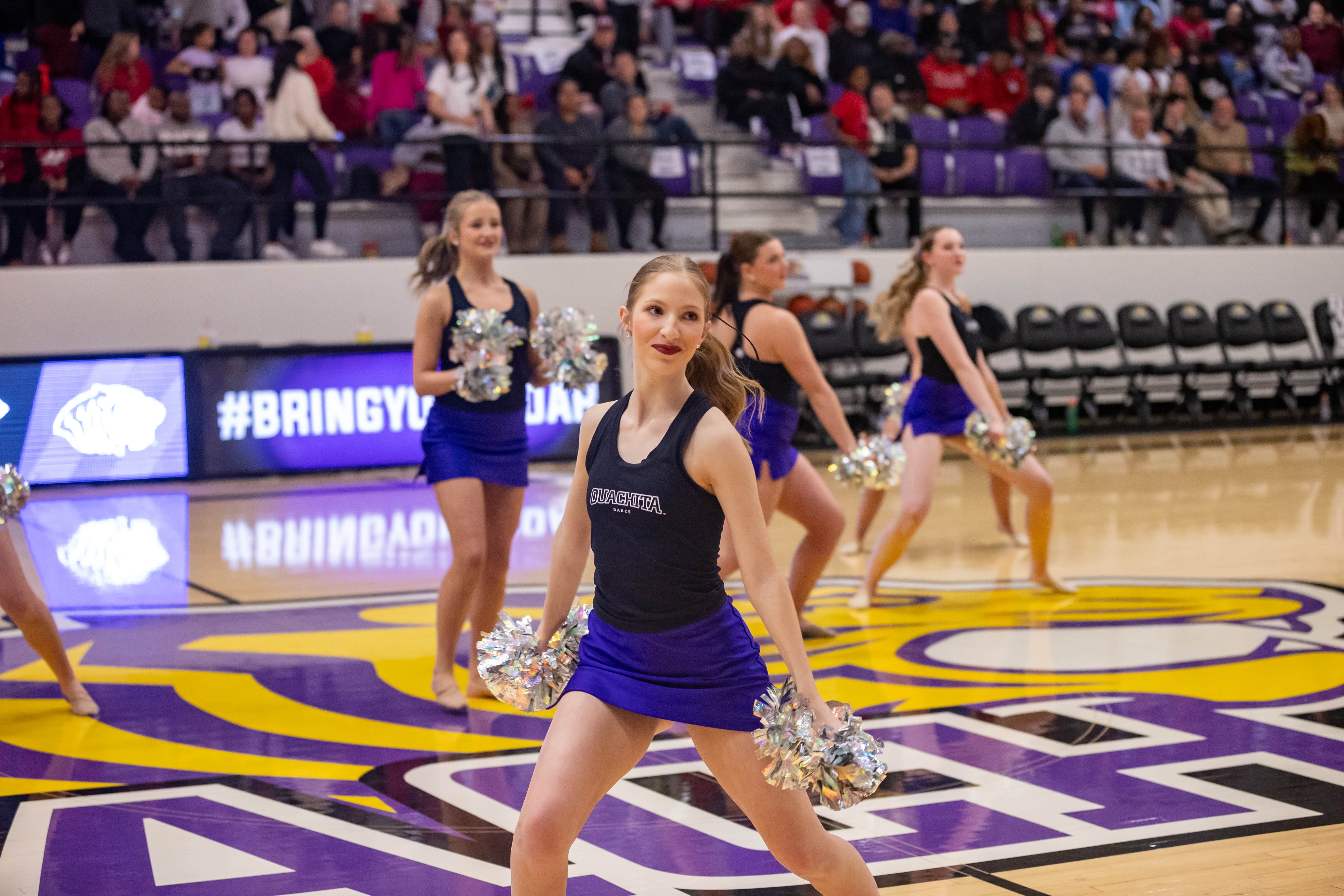For most students, English is a rudimentary subject that only covers sentence structure and forms of writing. For Lori Leavell though, it is a passion allowing her to study books and their history through the sub-field of English called book history.
Leavell, a Ouachita alumna, will present her research over book history in a feature lecture titled “What Archives Reveal about Antebellum White Readerships of African-American Texts.”
The lecture is designed to educate students on the interactions between African- Americans and Caucasian texts in integrated literary history. This will explore how African-American authors may have had influence on white writers before the American Civil War.
“There is an argument that others have made before and it has a tendency to treat African-American literature as resistant, always responding to something else previously written,” Leavell said. “In some ways this does make sense in early forms of African-American writing. Some of these were texts protesting slavery, but this form of thinking can also be a trap. In various ways, it is resistive but their writing can also be generative in that they can be texts that other people respond to. I wanted to think about who was reading these texts in this period, especially white authors.”
Leavell conducted her research over African-American text influences during the past two summers as part of her graduate dissertation. After being influenced by David Walker’s appeal to the colored citizens of the world, Leavell dove into the subject to discover the literary impact it created amid the influence it was creating on Southern laws.
“The pamphlet (David Walker’s appeal) was written by a free African American living in Boston,” Leavell said. “This pamphlet was considered radical in its call for enslaved and free African-Americans to strike for freedom and it its warning to white America of the consequences of maintaining slavery and racial oppression. Several southern states passed laws banning this pamphlet, labeling it seditious.”
Students attending will gain knowledge about the value of archival research through Leavell’s studies. Periodicals and fleeting sources were often the sources Leavell used, presenting her with a challenge that she overcame.
“It’s important to keep in mind that lots of early African-American print appeared in temporary sources, such as newspapers,” Leavell said. “Often these sources were not preserved by institutions because they did not value them.
“Some of the important work of the field, then, involves digging around in archival collections to patch together a lost literary history. African-Americans have a long history of reading, writing and publishing and we have much work to do to reconstruct that history.”
After earning her Bachelor’s degree at Ouachita in 2001, Leavell went on to earn her masters degree from the University of Arkansas in 2003 and her doctorate from Emory University in Atlanta, in 2011. Leavell worked as a teaching assistant for her former schools, the University of Arkansas and Emory University, before becoming an assistant professor of English at the University of Central Arkansas in Conway where she teaches African-American literature and her passion of book history, the history of the book and print culture.
“This is a historically informed area of study that pays attention to where texts move from and where they are originally published, who they influence and what the readership was. This sub-field ties into my research because it looks at the rare documents I found and compares the impact of them onto other cultures and worlds,” Leavell said.
Leavell has since been featured in several publications on this subject including, “Review of Michael A. Chaney’s Fugitive Vision: Slave Image and Black Identity in Antebellum Narritave,” “The Year in Confrences: Report on the American Studies Association Convention” and Beloved by Toni Morrison.
The has also given various presentations on book history including “Printed and reprinted in a thousand forms: Recirculation and the Broader Readerships of Antebellum African-American Texts” at the American Antiquarian Society Panel at the Northeast Modern Language Association in Boston, Mass.
This lecture will take place at 2 p.m. on Feb. 8 in Lile 200. A second lecture “How to get in, survive, and thrive in graduate school,” which will be an open forum for students curious about the inner workings of graduate school, take place at 4 p.m.. Admission is free and open to the public.





